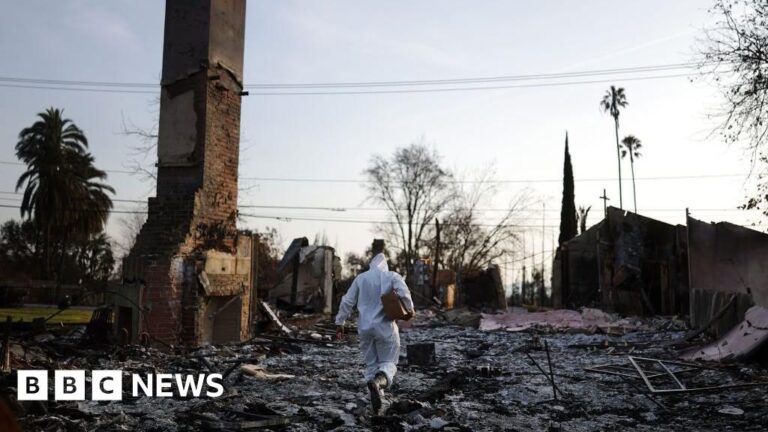Here is the result in plain text:
The trainer paced the grounds of a mountain enclave in southwestern Syria, shouting at dozens of new recruits as they drilled sprints between barricades made from old car tires.
“You have to practice as if it’s real,” screamed the instructor, Fadi Azam. “Want me to start shooting at you instead to make it real?” he said, lifting his rifle and firing a few rounds away from the group, the paw-paw-paw of gunfire echoing across the valley on a brisk morning in late January.
“You are lions, lions!” Mr. Azam yelled at the recruits, some of the tens of thousands of fighters from Syria’s Druse religious minority whose powerful militias control the rugged province of Sweida, southwest of the capital, Damascus. Sweida is the heartland of the Druse — a strategically important region bordering Jordan and near Israel — and these fighters stand to play a small but essential role in Syria’s future.
As the Islamist rebels who ousted the dictator Bashar al-Assad in December set up a new government, they are seeking to fold disparate militias including this one, which sprung up during Syria’s nearly 14-year civil war, into a single national force.
Since January, several of the strongest Druse militias had been in talks with the government about their conditions for joining the new army. They were skeptical over the interim president’s pledges to protect the rights of Syria’s many religious and ethnic minorities.
Those talks stalled last month after an outburst of violence against another religious minority, heightening the concerns of the Druse. The violence began with an attack by remnants of the old regime on the new government’s security forces in a region dominated by the Alawite sect, an offshoot of Shiite Islam. Mr. al-Assad’s family are Alawites, and during the family’s five decades ruling Syria, they often prioritized members of the sect in security and military jobs.
Druse militia leaders have also accused the interim president, Ahmed al-Shara, of monopolizing power. Mr. al-Shara and many in his cohort were part of an Islamist rebel group, dominated by members of Syria’s Sunni Muslim majority, that was once linked to Al Qaeda. They showed little willingness initially to cede power in their new government to minorities.
However, when Mr. al-Shara announced a caretaker government late Saturday, his choices acknowledged to some extent the pressure to form an inclusive administration representing Syria’s many diverse ethnic and religious groups. He appointed a Kurdish minister of education, a Christian woman minister and a Druse minister, among others.
New recruits like Mr. Kahool and veteran fighters have been acting as the de facto police and security forces for Sweida Province, staffing checkpoints and patrolling the border with Jordan.
Should the Druse militias strike a deal with the new government, their fighters will be key to maintaining security in the southwest in the face of threats from the Islamic State, armed remnants of Assad regime and criminal groups, as well as Israeli incursions along the southern border. Any disruptions could plunge Syria into another cycle of violence and factionalism.
And the Israeli prime minister, Benjamin Netanyahu, has said that Israel will not tolerate the presence of Mr. al-Shara’s Turkish-backed Sunni Muslim forces south of Damascus. Israeli officials have referred to those forces as extremists.
Since the Assad regime fell, Israel has struck several hundred targets in Syria, knocking out weapons depots and other military assets from the former regime to keep them from falling into the hands of anyone hostile to Israel, according to Israeli officials.
Many residents in Sweida share that sentiment. One recent afternoon, Janat Abu al-Fadl, 55, meandered along the narrow cobblestone roads of Sweida’s market with her daughter. While both were uncertain about Syria’s new authorities, Ms. al-Fadl said she was hopeful about the future of Syria for the first time in decades.
“It will take time, and there will be a difficult period at first of course, but eventually I think things will improve,” she said. “Before the regime fell, we had no hope,” she added. “Now, at least, we have something.”
Source link




